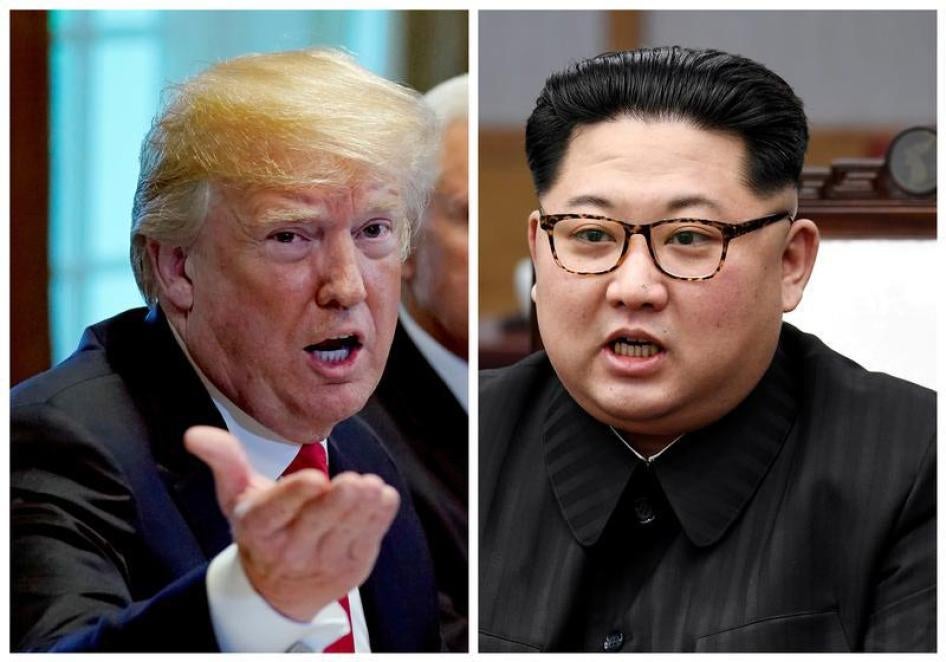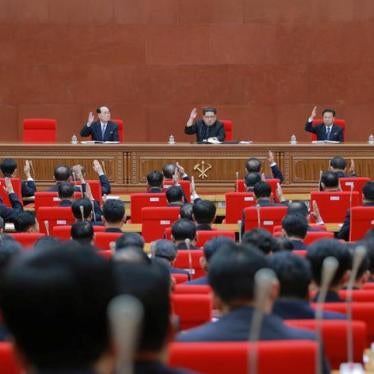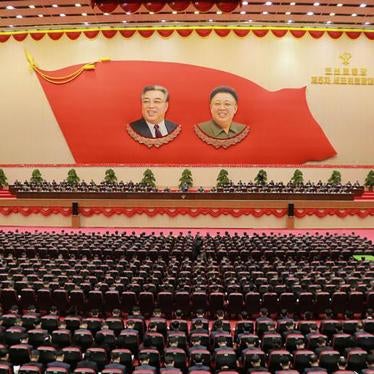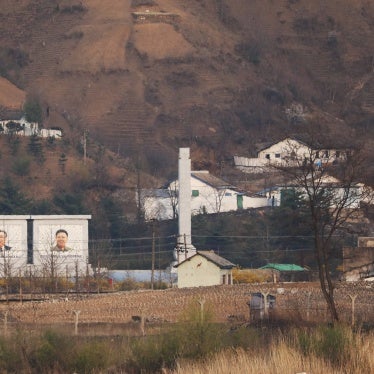US President Donald Trump is set to meet tomorrow with North Korea’s Kim Jong Un in Singapore in one of the stranger diplomatic détentes in post-Cold War history.
Those of us who work on North Korea are used to the weirdness, so the road to the June 12 summit has been familiarly bizarre: Trump’s threats of “fire, fury and frankly power,” the strangely large envelope at the White House, news of CIA reports that Kim might allow a hamburger franchise to open in Pyongyang, and Secretary of State Mike Pompeo’s meeting in New York with one of Kim’s envoys, where the Secretary tweeted photographs showing the two dining on steak and chocolate soufflé.
The circus-like atmosphere might be amusing if the stakes weren’t so high.
As many foreign policy experts, religious leaders, and human rights advocates have pointed out, denuclearizing the Korean peninsula is a critical security goal. But no one can credibly suggest that a durable or verifiable denuclearization of the Korean peninsula can be achieved when North Korea remains a completely closed and totalitarian state.
North Korea maintains an atrocious human rights record that is inextricably linked to its weapons proliferation. Pyongyang’s weapons program benefits from forced labor. Funds for military activities are obtained from remittances that come from the forced labor of North Koreans sent overseas, as well as forced labor domestically. On a larger level, the astronomical cost of the nuclear weapons program contributes to the massive poverty in North Korea, among the world’s poorest countries.
In any case, the Trump administration has no choice. As I recently wrote, while certain sanctions on North Korea are discretionary, a key 2016 law specifically obligates the president to sanction people and entities complicit in human rights abuses in North Korea – not just those involved in weapons proliferation – and the Trump administration legally can’t suspend sanctions more broadly unless North Korea implements key human rights reforms.
Trump and Kim may well end up branding tomorrow’s summit a success. But it will only be the beginning of a longer process. They need to understand that human rights are staying on the agenda of subsequent negotiations, whether they want it or not.








